
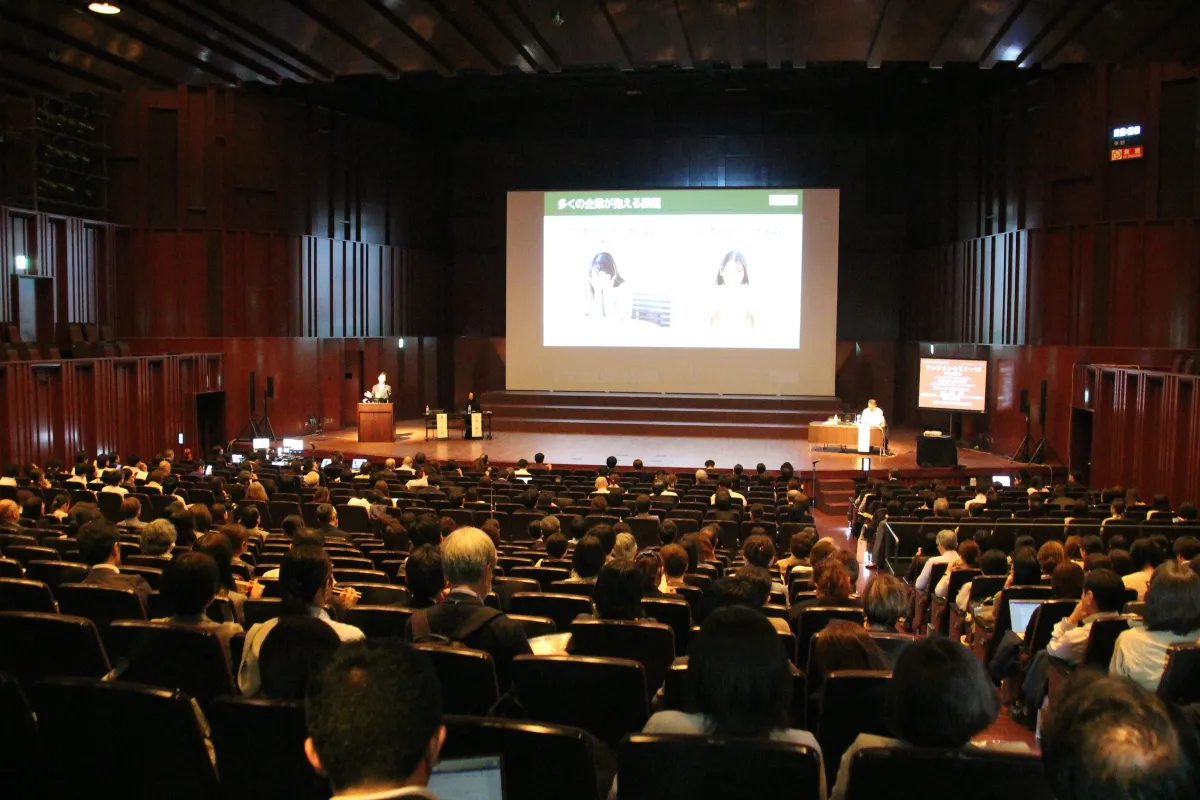
A New Era of Corporate Health Management Through Collaboration with Industrial Physicians
A New Era of Corporate Health Management Through Collaboration with Industrial Physicians
Corporate health management has gained unprecedented significance in today’s work environments, especially as demands on employee performance escalate. A recent seminar hosted by Nishikawa Co. at the 98th Japan Society for Occupational Health delved into how collaborations with industrial physicians can enhance both employee well-being and company productivity. The event, titled "Corporate Sleep Health Management," attracted around 400 attendees, including occupational physicians, and sparked insightful discussions on the theme of sleep’s pivotal role in health management.
The seminar featured esteemed speakers, including Yatsuhiko Nishikawa, the President and CEO of Nishikawa, and Yoko Ishida, CEO of Shinyou Clinic. The session was chaired by Professor Nobuhiro Hamaguchi from the University of Occupational and Environmental Health. Ishida’s engaging presentation highlighted the beneficial relationship between sleep management and corporate performance, advocating for sleep-focused health management initiatives.
Yatsuhiko Nishikawa emphasized the importance of sleep on productivity, leveraging insights from over 40 years of sleep research conducted by the Nishikawa Sleep Science Research Institute. He presented compelling data indicating that sleep deprivation severely impacts cognitive function, akin to the effects of two consecutive nights of sleeplessness. His discussion also encompassed initiatives like the “Corporate Sleep Health Management,” which promotes employee engagement in sleep data collection and analysis to drive improvement and maximize workplace productivity.
One of the hallmark programs introduced by Nishikawa is the "Sleep Improvement Program," developed as part of the Sleep Innovation Platform (SIP). This initiative facilitates collaboration between corporations and academic experts to tailor sleep solutions to specific corporate needs. A successful case study with Itochu Corporation highlighted the efficacy of the program, wherein initial assessments revealed serious sleep disorders, yet only a minor percentage of employees sought medical advice. By year two, the program was expanded company-wide, integrating regular stress assessments that enhanced employee participation in sleep evaluations, thereby significantly increasing the screening and treatment rates for sleep apnea.
A unique aspect of the Nishikawa program is its dual focus: providing targeted medical support as well as non-medical advice through the "Nemuri no Soudanjo®" (Sleep Consultation Service). This service ensures continuous improvement in sleep quality while respecting employee privacy and autonomy. Feedback from participants illustrated a strong appreciation for the program's practical applications, and the emphasis on sleep management has emerged as a next step for advancing health initiatives across various organizations.
Following the seminar, there were numerous inquiries from participants about further integrating sleep-focused health programs into corporate cultures. One attendee noted, "Understanding the importance of sleep is vital, but how do we approach those who struggle with late-night habits?" This sentiment reflected a broader desire to tackle sleep’s intricate challenges within organizational settings actively.
The implementation of sleep-centered health management not only addresses prevalent issues like smoking cessation and exercise mandates, but it also presents a less intrusive and more accessible approach to employee well-being. The success illustrated at the seminar and from the SIP indicates a promising trajectory for future endeavors in health management tailored around sleep.
As a consortium, SIP now consists of 27 member organizations aimed at enhancing citizen health through collaborative service and product developments. With an eye toward future innovations, the impact of sleep research is poised for broader societal applications, economizing on healthcare costs while improving workforce efficiency.
Nishikawa’s evidence-driven initiatives and focus on holistic health management underscore a transformative shift in corporate landscapes, wherein the link between sleep health and productivity is not merely recognized but actively pursued. The pathway to a more health-conscious workforce is clearly illuminated through these concerted efforts, shaping a healthier future for both employees and organizations alike.


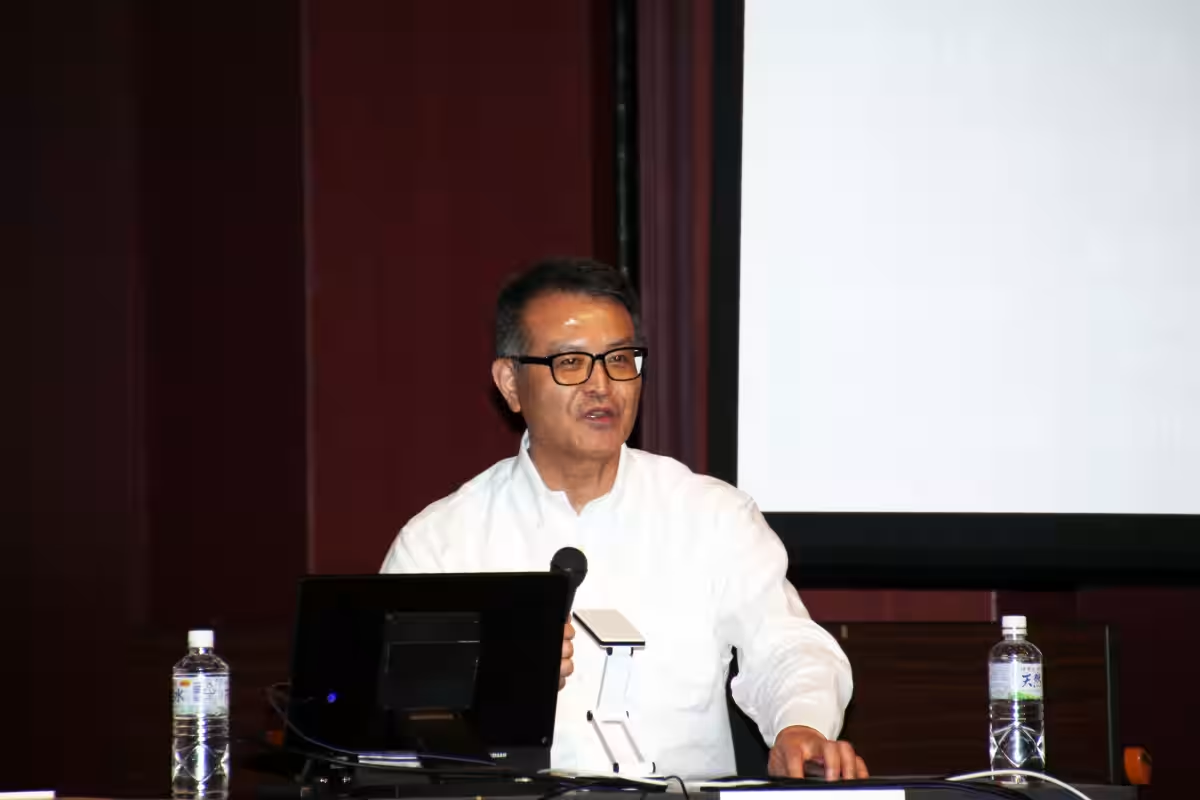
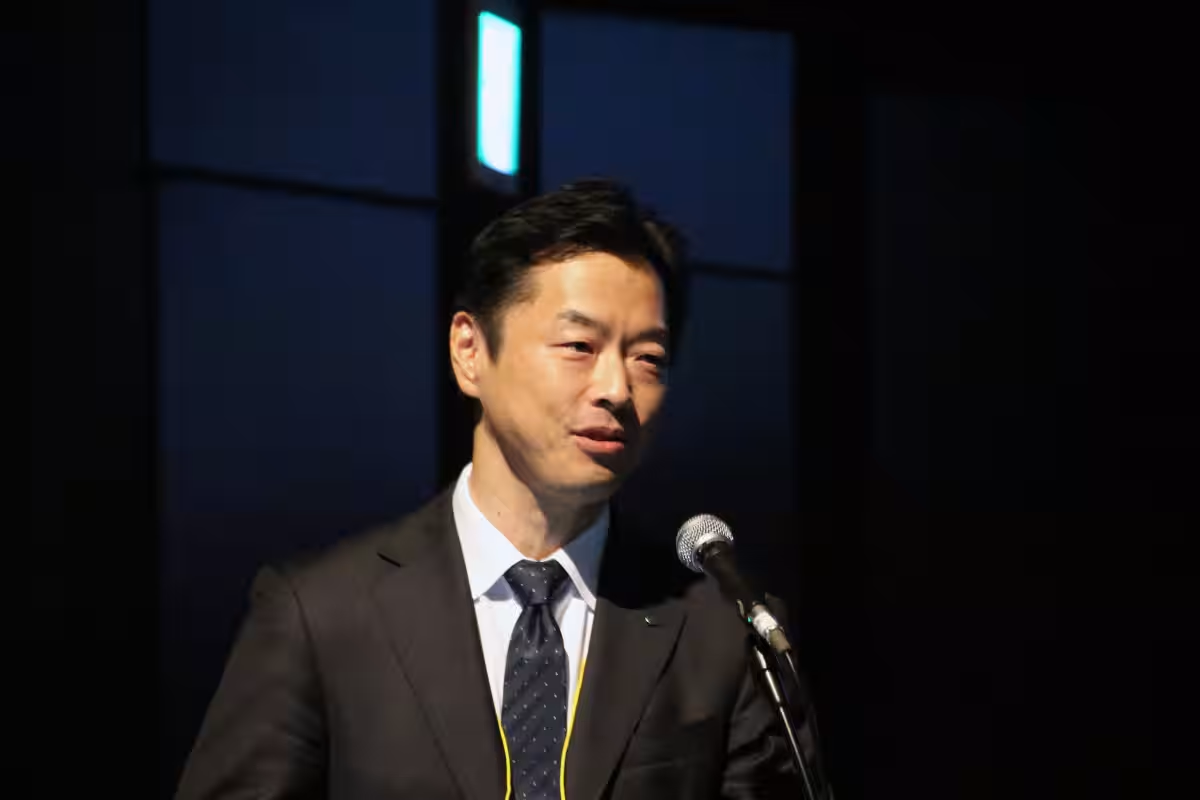
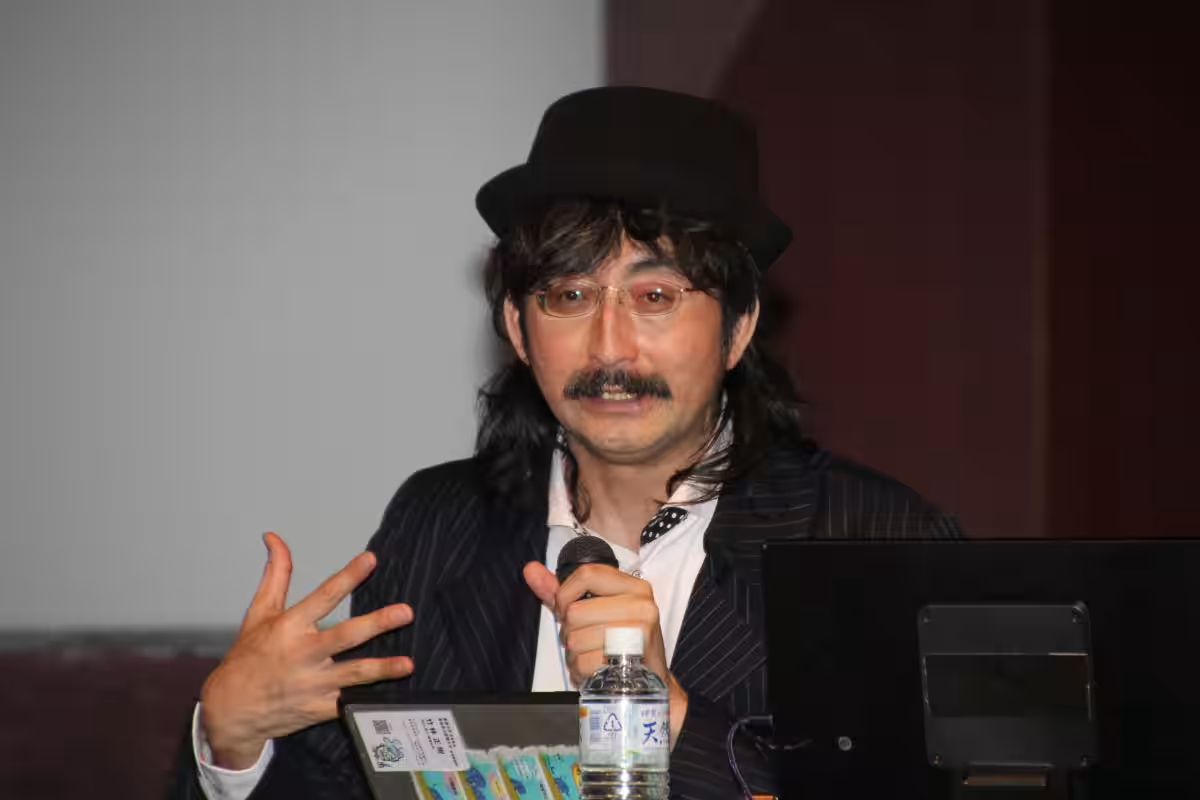
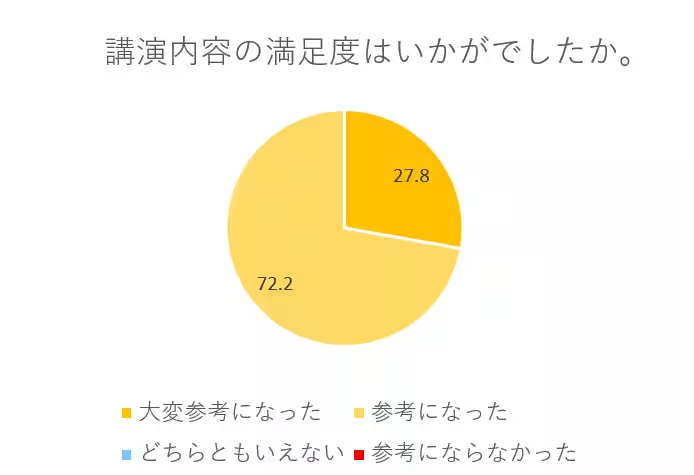
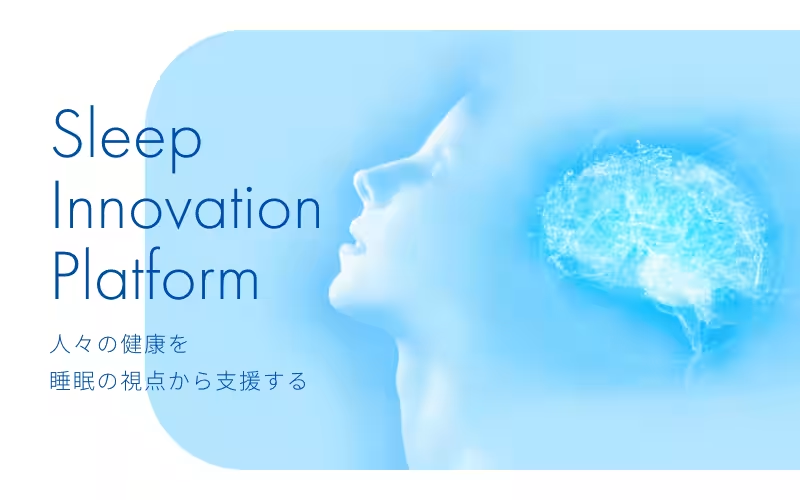
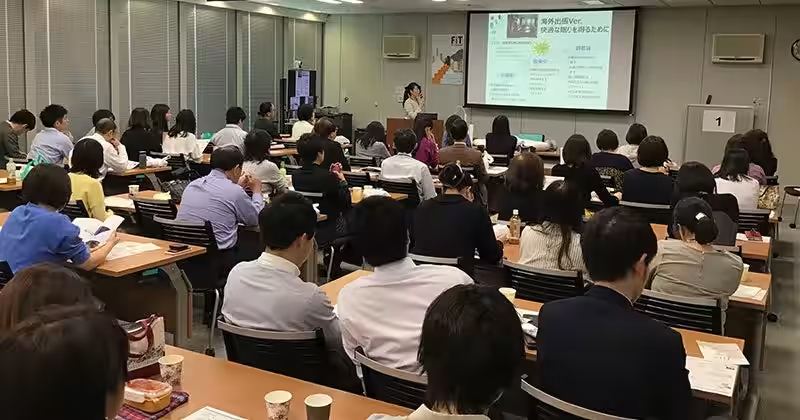

Topics Health)










【About Using Articles】
You can freely use the title and article content by linking to the page where the article is posted.
※ Images cannot be used.
【About Links】
Links are free to use.